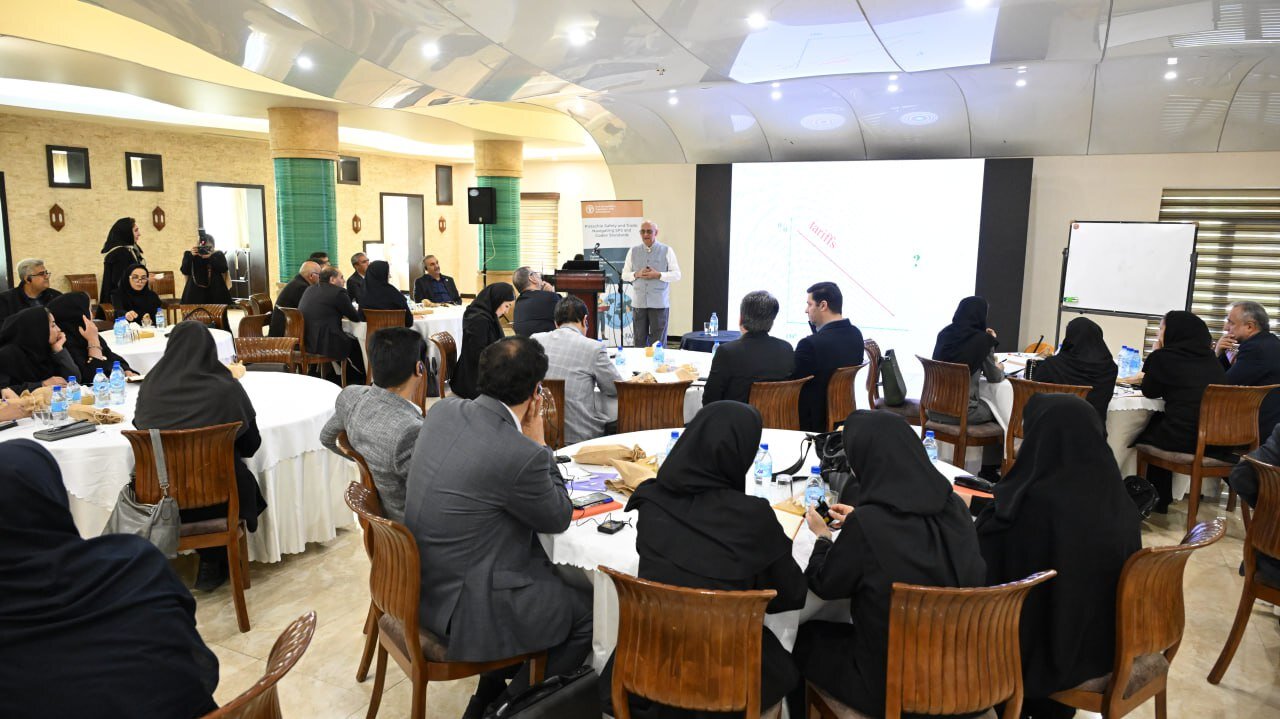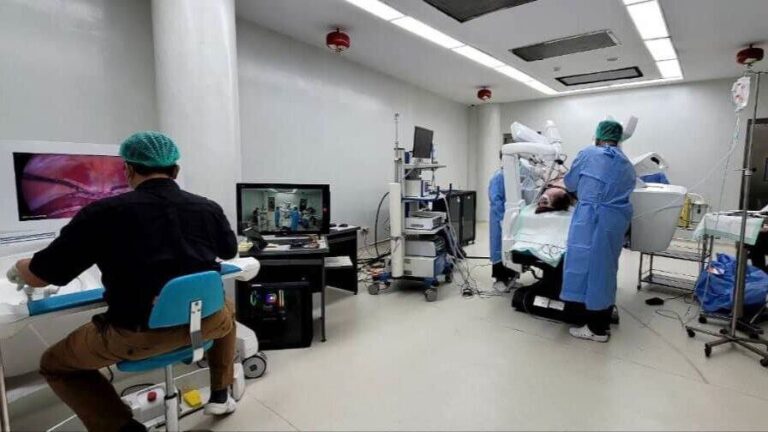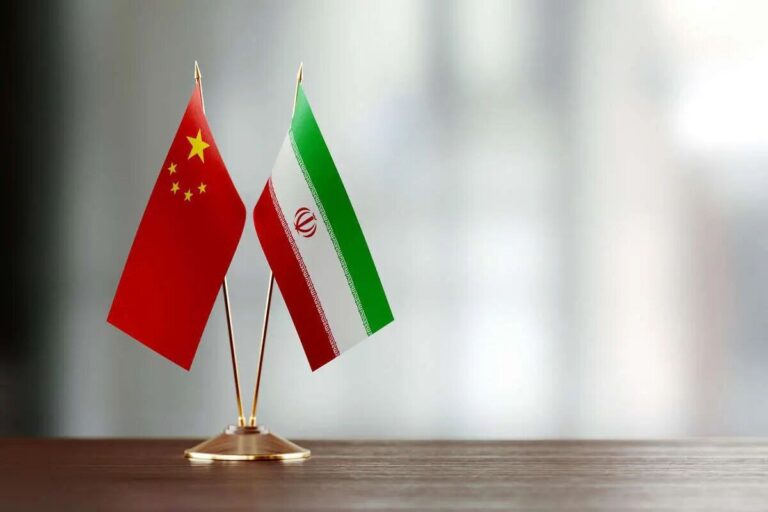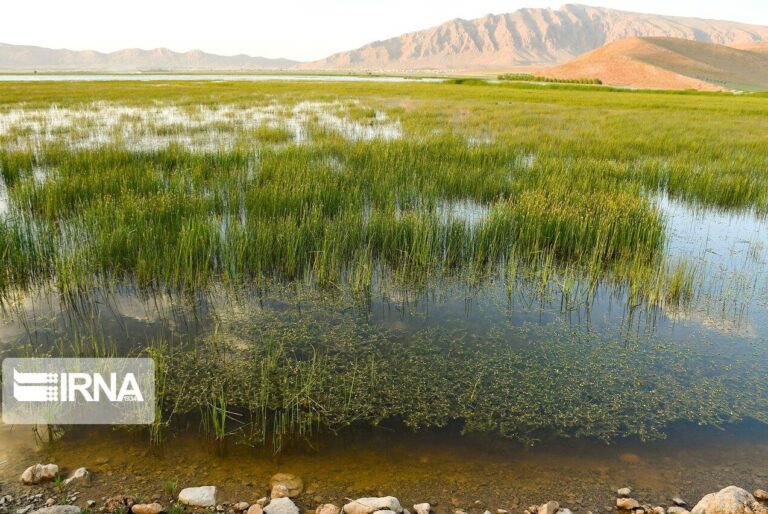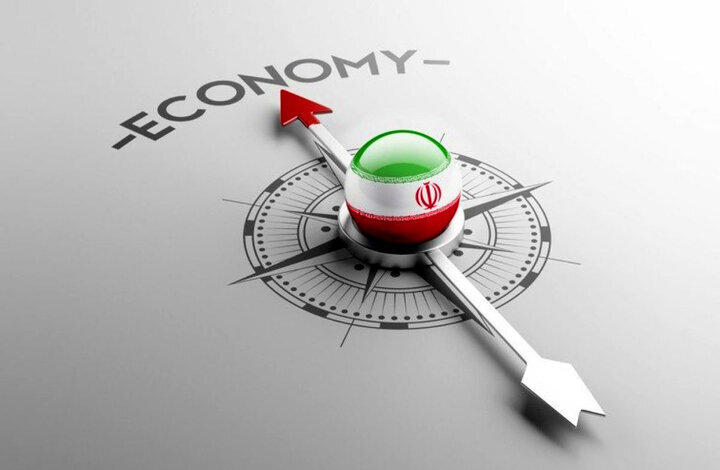Unlocking Pistachio Potential: FAO Workshop Focuses on Safety and Trade Strategies
In the heart of Tehran, a pivotal workshop titled “Pistachio Safety and Trade: Navigating Sanitary and Phytosanitary Measures and Codex Standards” is currently underway, emphasizing the importance of food safety and trade standards in the pistachio sector. Running until April 16, this event attracts 65 key stakeholders from various sectors involved in pistachio production and trade, aiming to enhance their understanding of international food safety protocols.
Organized by the Food and Agriculture Organization of the United Nations (FAO) in collaboration with the Iranian Ministry of Agriculture, the workshop seeks to address critical issues surrounding pistachio safety and trade, including:
- Codex Alimentarius standards
- Sanitary and Phytosanitary (SPS) measures
- Aflatoxin risk management
- Pesticide residue control
- Traceability systems
The workshop is led by Sanjay Dave, an internationally acclaimed FAO International Food Safety Specialist, who is renowned for his expertise in food safety and trade. Under his guidance, participants will delve into various aspects of food safety regulations impacting the pistachio industry.
Nazi Tavakoli, the Assistant FAO Representative, addressed the participants regarding the necessity of complying with evolving international food safety standards. She noted that maintaining and expanding Iran’s pistachio exports hinges on overcoming challenges related to mycotoxin contamination, particularly aflatoxins. Such contamination can stem from:
- Climate conditions
- Agricultural practices
- Post-harvest handling and storage methods
“Iran has made notable progress through promoting good agricultural practices, enhancing post-harvest management, and strengthening mycotoxin testing infrastructure,” Tavakoli stated. “Capacity building and education along the pistachio value chain are crucial to sustaining these improvements.”
This workshop is part of the FAO’s broader Technical Cooperation Project titled “Improving Pistachio Production and Export through Establishment of Integrated Product Management.” Launched in 2024, this initiative aims to:
- Enhance integrated pistachio supply chain management
- Focus on productivity, harvesting, and processing
- Ensure compliance with food safety regulations
Through these efforts, the project aspires to promote sustainable pistachio production and consumption, contributing significantly to food and nutrition security, economic growth, and enhanced global competitiveness.
As part of this initiative, the FAO has organized a series of workshops aimed at strengthening pistachio safety and export potential. A key component of these workshops is to provide a platform for knowledge exchange and technical capacity building. Participants across the pistachio value chain are equipped with the latest scientific insights and risk mitigation strategies.
The first workshop in 2025, led by Paola Battilani, FAO’s International Pistachio Value Chain and Processing Consultant, took place from January 26 to February 5. This session concentrated on developing and implementing comprehensive mycotoxin management plans tailored to ensure safer crop production. The workshop reinforced best practices for pistachio safety and quality, as highlighted in a press release on the UN website.
Bringing together 60 national key stakeholders—including government officials, pistachio growers, processors, traders, and academia—the workshop aimed to strengthen capacity in mycotoxin prevention, detection, and control throughout the pistachio supply chain. Participants gained essential tools and strategies to enhance pistachio quality and competitiveness in the global market.
As one of the world’s leading producers and exporters of high-quality pistachios, Iran’s pistachio industry holds a vital position in the country’s economy and the global nut trade. However, the industry faces challenges from aflatoxins, which are produced by Aspergillus fungi that can develop at various stages of the pistachio supply chain. These challenges are influenced by:
- Environmental conditions
- Agricultural practices
- Post-harvest handling
To combat these issues, Iran has been proactive in implementing good agricultural practices (GAPs) and applying strict quality control measures. This includes:
- Improved drying and storage methods
- Enhanced mycotoxin testing capabilities
- Biological control solutions
Through these initiatives, Iran aims to not only maintain its status as a top pistachio producer but also ensure the safety and quality of its products in the international market.
